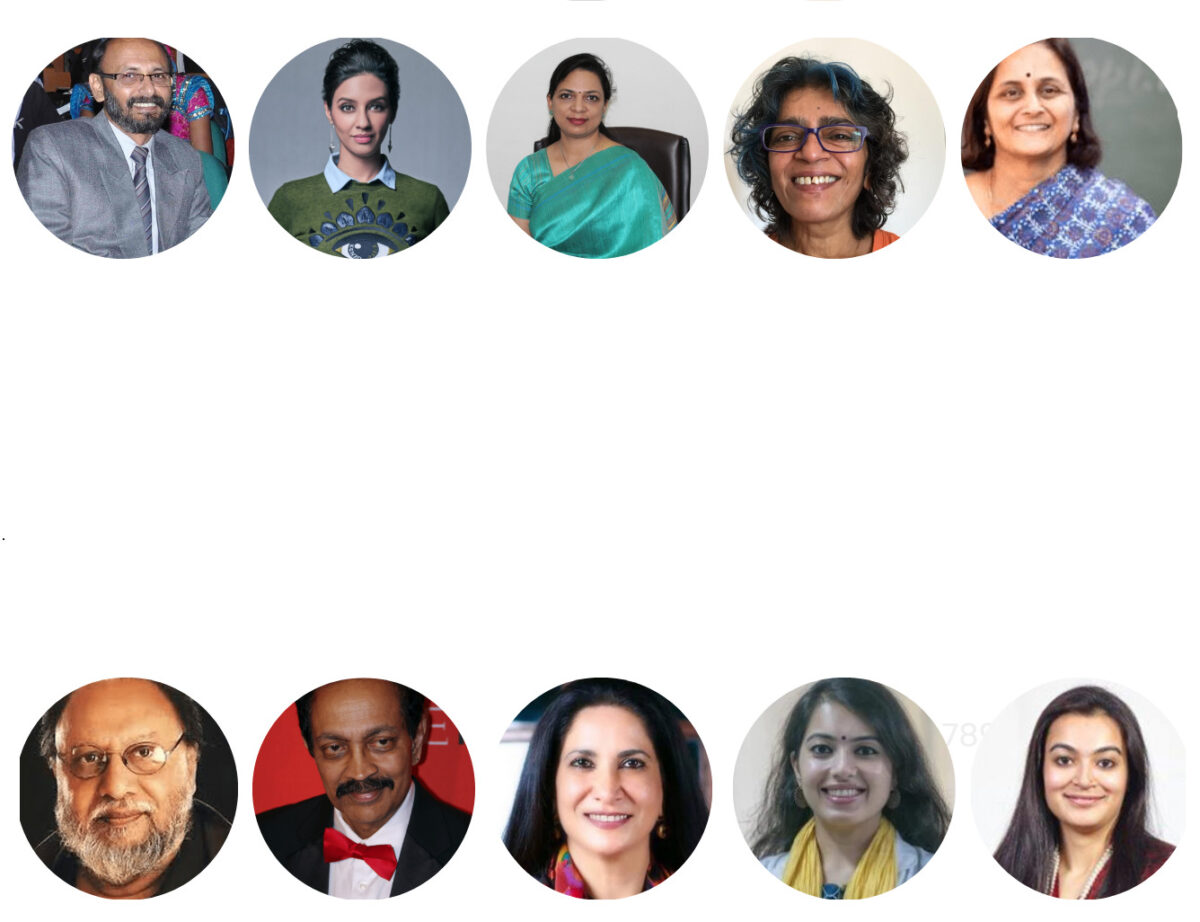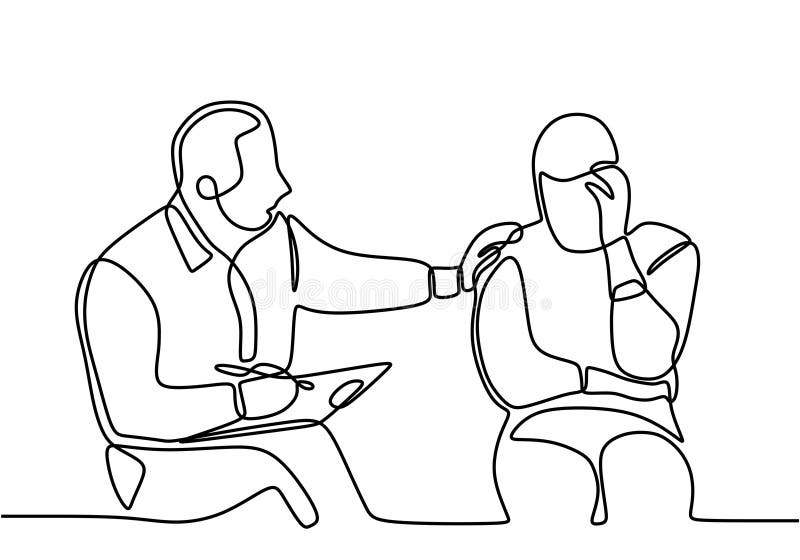The Value of Looking For Assistance from the Best Psychologist in Delhi for Stress Monitoring
The Value of Looking For Assistance from the Best Psychologist in Delhi for Stress Monitoring
Blog Article
Psych Treatment: A Comprehensive Guide to Techniques and Outcomes

Cognitive-Behavioral Treatment
Cognitive-Behavioral Treatment (CBT) is an extensively used psychotherapeutic technique that concentrates on identifying and modifying inefficient thinking and habits patterns. Established in the 1960s by Aaron T. Beck, CBT combines behavioral and cognitive concepts to resolve various psychological health and wellness issues, including depression, stress and anxiety, and stress-related conditions. The facility of CBT is that maladaptive ideas contribute to emotional distress and maladaptive actions. By reorganizing these ideas, people can attain significant enhancements in their psychological health and day-to-day performance.
CBT is characterized by its structured, goal-oriented nature. Therapy usually includes a joint procedure in between the specialist and customer, where details issues are identified, and useful strategies are developed to resolve them. Methods such as cognitive restructuring, exposure therapy, and skill-building exercises are typically utilized. Cognitive restructuring includes challenging and changing negative idea patterns, while exposure treatment intends to reduce concern and anxiety via progressive direct exposure to feared circumstances or items.
Evidence-based research supports the efficiency of CBT for a vast array of mental conditions - Best Psychologist in Delhi. Its emphasis on ability purchase and self-help strategies empowers customers to proceed progress individually after treatment concludes. The adaptability and effectiveness of CBT have made it a cornerstone in contemporary psychotherapeutic method
Psychodynamic Approaches
Rooted in the early concepts of Sigmund Freud, psychodynamic techniques concentrate on checking out the subconscious mind and its influence on behavior and emotions. These approaches aim to reveal hidden ideas and sensations that may be driving maladaptive actions and mental distress. Central to this strategy is the idea of internal dispute, usually coming from unsettled previous experiences, especially those from youth.
Therapists utilizing psychodynamic strategies use a number of essential approaches, including cost-free organization, where clients are motivated to talk openly to disclose subconscious material, and dream evaluation, which interprets the concealed content of dreams. Additionally, the exploration of transference and countertransference characteristics within the restorative connection is critical. These communications can provide understandings into the individual's inner world and relational patterns.
Psychodynamic treatment is commonly longer-term compared to other methods, providing a deep and detailed understanding of the person's psyche. Study indicates that it can be especially reliable for intricate psychological health and wellness concerns, such as character conditions and persistent clinical depression. By fostering self-awareness and emotional insight, psychodynamic treatment looks for to bring subconscious product to consciousness, enabling people to achieve enduring and meaningful modification in their lives.
Humanistic Methods
Building on the structures laid by psychodynamic methods, humanistic strategies offer an unique viewpoint concentrated on private possible and self-actualization. Coming from the mid-20th century, these methods prioritize the inherent benefits and growth possibility of individuals, emphasizing a holistic sight of human experience. Trick numbers such as Carl Rogers and Abraham Maslow have substantially influenced this healing strategy, which incorporates techniques like client-centered therapy and Gestalt therapy.
Client-centered treatment, created by Rogers, plays a crucial role in humanistic methods. It depends on the specialist supplying a setting of unconditional positive regard, compassion, and harmony. This promotes a secure area for customers to explore their feelings and experiences without judgment, promoting self-discovery and personal growth. The therapist's duty is even more of a facilitator than an authority, encouraging clients to harness their internal sources for recovery.
Gestalt therapy, another important humanistic technique, emphasizes present minute understanding and the assimilation of mind and body. By concentrating on the "below and now," clients get higher insight into their existing feelings and behaviors. Methods such as role-playing and assisted visualization are commonly employed to help customers gain a deeper understanding of themselves, eventually bring about boosted self-awareness and satisfaction.
Integrative Treatments
Integrative treatments stand for a synthesis of various healing strategies customized to meet the special needs of each client. This technique recognizes the complexity of human psychology and the multifaceted nature of psychological health and wellness concerns. By integrating components from various institutions of psychotherapy-- such as cognitive-behavioral treatment (CBT), psychodynamic therapy, and humanistic strategies-- integrative treatments supply an even more flexible and holistic therapy paradigm.
Professionals of integrative therapy assess each customer's certain demands, signs, and personal background to design a tailored therapy strategy. This personalized method improves the possibility for therapeutic success by attending to the origin of emotional distress and advertising general health. Methods might include mindfulness workouts, cognitive restructuring, and emotional handling, each picked to target different facets of the customer's issues.
Furthermore, integrative treatments emphasize the healing relationship, viewing the client-therapist bond as an important part of reliable therapy. This connection promotes a supportive environment where clients really feel safe to explore Click Here and address their concerns. The flexibility of integrative treatments makes them suitable for a wide variety of conditions, including anxiety, anxiety, trauma, and social difficulties, thus boosting their applicability and efficiency in varied professional settings.

Measuring Therapy Outcomes
Reviewing the performance of psychotherapy is important for both clients and clinicians to make sure that the treatment is producing the desired end results. To achieve this, various methods and tools are employed to measure treatment outcomes methodically. Standard assessment tools, such as the Beck Clinical Depression Stock (BDI) and the Generalized Stress And Anxiety Problem 7 (GAD-7), give quantitative data on sign extent and changes with time.
Along with standardized tools, qualitative approaches like customer self-reports and clinical interviews offer important understandings into the personal experiences and viewed development of clients. On a regular basis arranged analyses, typically at the start, navel, and end of treatment, help in tracking the trajectory of enhancement or determining locations requiring adjustment.
Outcome measurement is not limited to sign decrease; it additionally incorporates practical enhancements in everyday life, such as much better social partnerships, increased job productivity, and enhanced total wellness. Modern advancements in digital wellness have introduced mobile apps and on-line platforms that promote real-time tracking and feedback, additionally fine-tuning investigate this site the evaluation process.
Eventually, click a thorough method to measuring therapy outcomes guarantees that healing treatments are efficient, reliable, and tailored to satisfy the private requirements of clients, thereby maximizing the overall healing experience.
Verdict
Psychotherapy supplies a diverse range of strategies focused on addressing details psychological health problems and enhancing total wellness. Cognitive-Behavioral Treatment and psychodynamic approaches target useless ideas and unconscious impacts, respectively. Humanistic methods concentrate on individual growth and self-actualization, while integrative therapies integrate multiple approaches for tailored therapy plans. Evaluating treatment outcomes via qualitative methods and standard analyses makes certain a detailed understanding of effectiveness, inevitably directing clients towards sustaining mental health and wellness improvements.
From the organized technique of Cognitive-Behavioral Treatment (CBT) to the deep exploration of the subconscious in psychodynamic treatment, each method brings distinct advantages. Its emphasis on skill procurement and self-help techniques empowers customers to continue progress separately after therapy ends (Best Psychologist in Delhi). Trick figures such as Carl Rogers and Abraham Maslow have actually considerably affected this therapeutic approach, which encompasses approaches like client-centered therapy and Gestalt treatment

Report this page